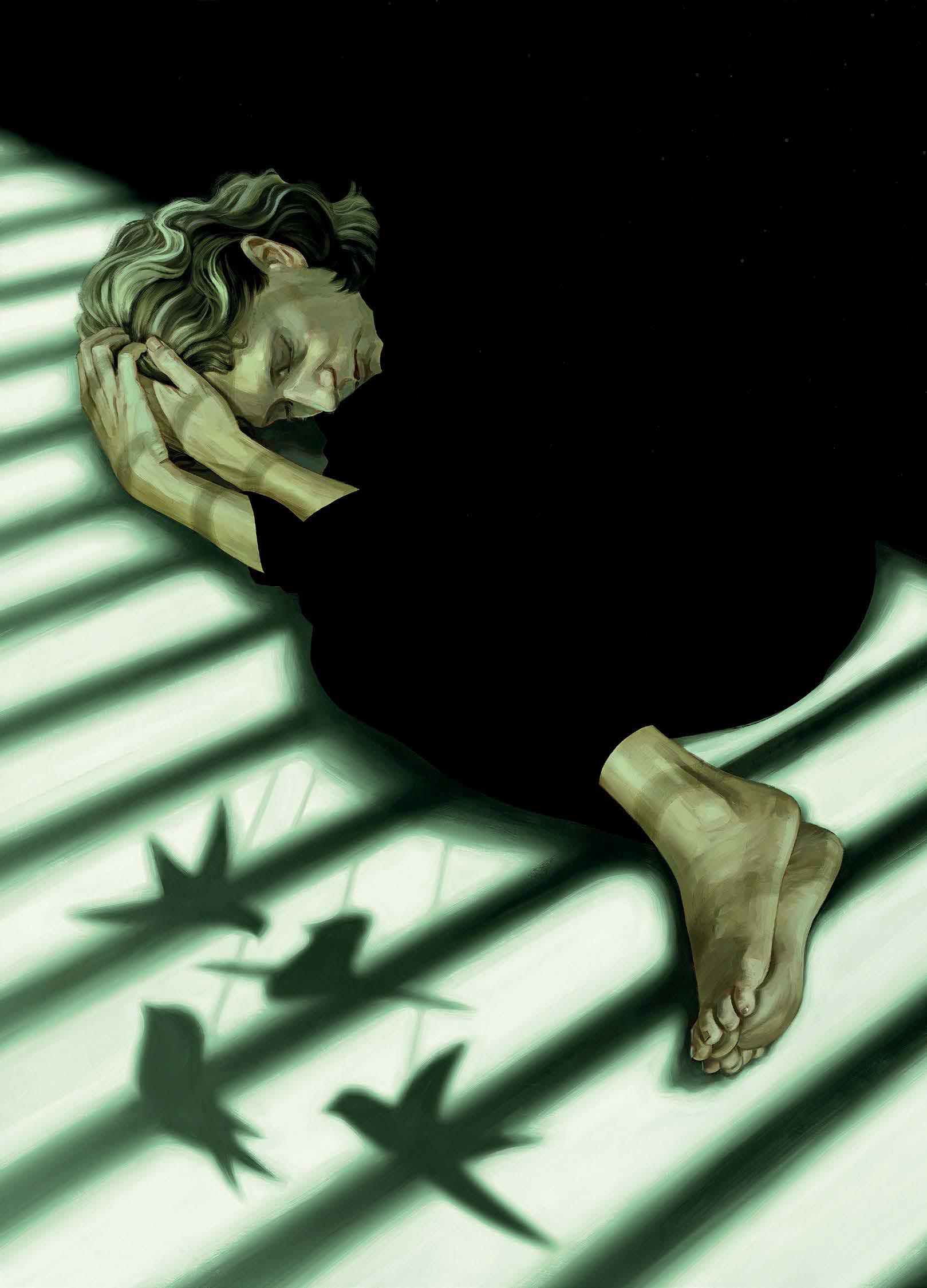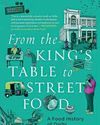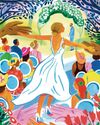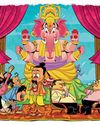
DR CAROLA VINUESA was in her office at the John Curtain School of Medical Research in Canberra, Australia, one afternoon in August 2018 when she received a call that both changed her life and saved another. As a professor of immunology, Vinuesa immersed herself in the fascinating and complex world of genetics.
The call was from David Wallace, a former student at John Curtain whom she hadn't spoken to in years. He presented Vinuesa with a scenario that was equal parts shocking, intriguing and devastating: An Australian woman named Kathleen Folbigg had been sentenced to decades in prison for murdering her four children, all infants, over a period of 10 years. The case had captivated the nation. Many were abhorred by Folbigg's crimes; others questioned the veracity of her guilt.
Given the paucity of evidence used to convict Folbigg, asked Wallace, could Vinuesa's research shed light on what actually happened to the children?
Over the next five years, Vinuesa and an international team of scientists would dedicate much of their lives to answering this question. Their findings would shake up Australia's judicial system, raise questions about the treatment of mothers accused of killing their children and shine a light on the misuse of scientific evidence. FOLBIGG, WHO WAS BORN Kathleen Megan Britton in Balmain, an inner-city suburb of Sydney, on 14 June 1967, was haunted by tragedy, instability and alienation from the very beginning. In December 1968, her father, Thomas Britton, stabbed her mother to death during an argument; he served 15 years in prison before being deported to his native England. Young Kathleen was shipped off to live with her mother's sister in western Sydney.
هذه القصة مأخوذة من طبعة May 2024 من Reader's Digest India.
ابدأ النسخة التجريبية المجانية من Magzter GOLD لمدة 7 أيام للوصول إلى آلاف القصص المتميزة المنسقة وأكثر من 9,000 مجلة وصحيفة.
بالفعل مشترك ? تسجيل الدخول
هذه القصة مأخوذة من طبعة May 2024 من Reader's Digest India.
ابدأ النسخة التجريبية المجانية من Magzter GOLD لمدة 7 أيام للوصول إلى آلاف القصص المتميزة المنسقة وأكثر من 9,000 مجلة وصحيفة.
بالفعل مشترك? تسجيل الدخول

From the King's Table to Street Food: A Food History of Delhi
Pushpesh Pant, one of India’s pre-eminent food writers, is back with a comprehensive food history of the capital.

Who Wants Coffee?
It’s bitter—but beloved around the world

Prevent The Pain Of Shingles
You don't have to suffer, as long as you take two important steps

The Best And Worst Diets For Your Heart
Dozens of diets are touted as ‘best’, but it’s easy to lose track of the fact that healthy eating needs to be about overall wellness, not just weight loss.

ME & MY SHELF
Journalist Sopan Joshi has worked in a science and environment framework for nearly three decades. His book Mangifera indica: A Biography of the Mango (Aleph Book Company) synthesizes the sensory appeal of India's favourite fruit with its elaborate cultural roots and natural history. He writes in English and Hindi.

SWITCHED
In 1962, nurses at a small Canadian hospital sent home two women with the wrong babies. Then, 50 years later, their children discovered the shocking mistake.

ECHOES OF THE PAST
A VISIT TO THE ANCIENT BARABAR CAVES IN BIHAR REVEALS A SURPRISING CONNECTION TO A LITERARY CLASSIC

Fathers of the Bride
A young woman finds a unique way to honour the many men who helped her survive her childhood

Fiction's Foresight
British-Bangladeshi author Manzu Islam's works reveal startling parallels to recent political upheavals in Bangladesh, begging the question: Besides helping us make sense of our world, can stories also offer a glimpse into the future?

It Happens ONLY IN INDIA
The Divine Defence Picture this: A tractor in Rajasthan‘s Banswara district,a group of loan agents closing in to seize it and the defaulting farmer and his family standing by.